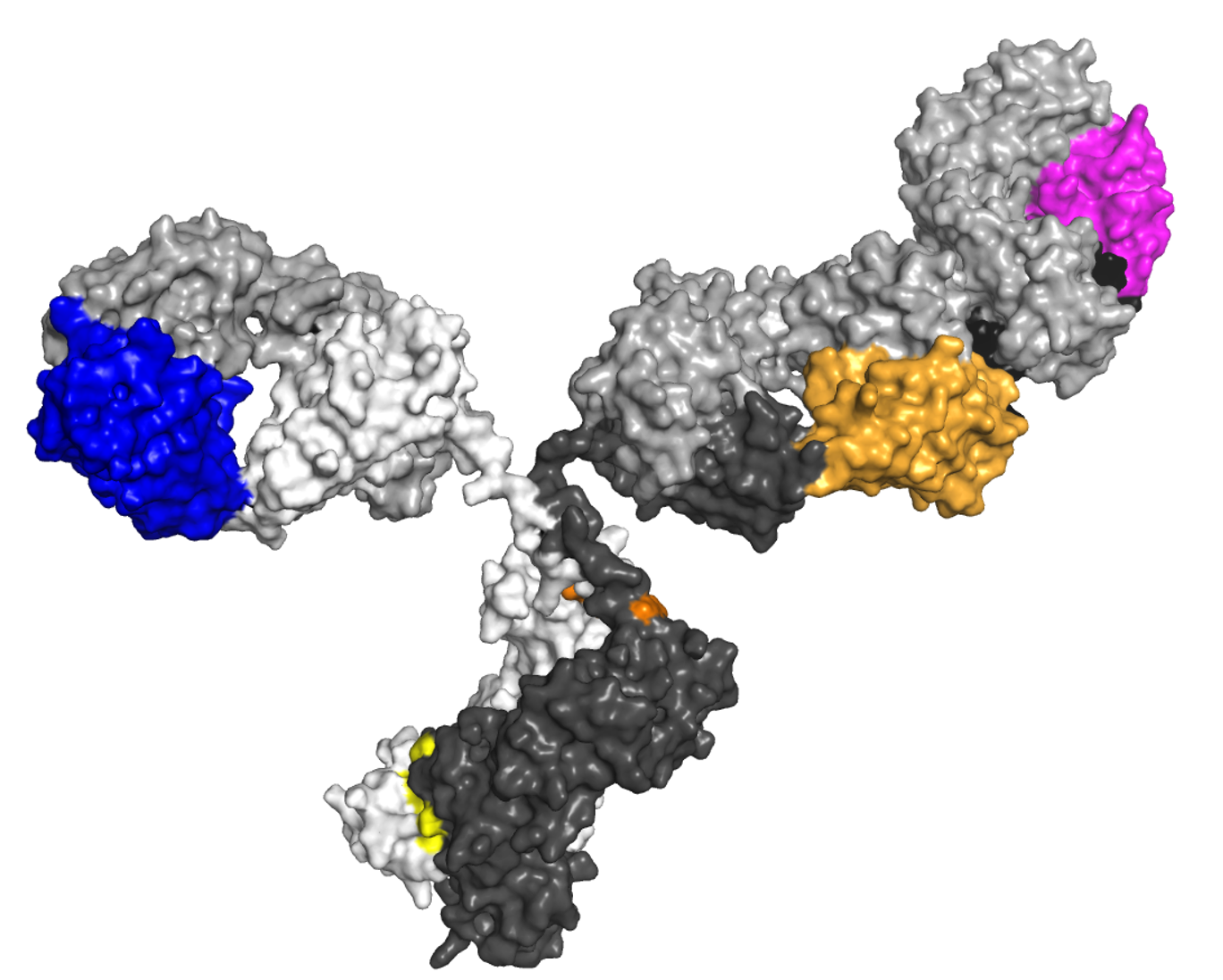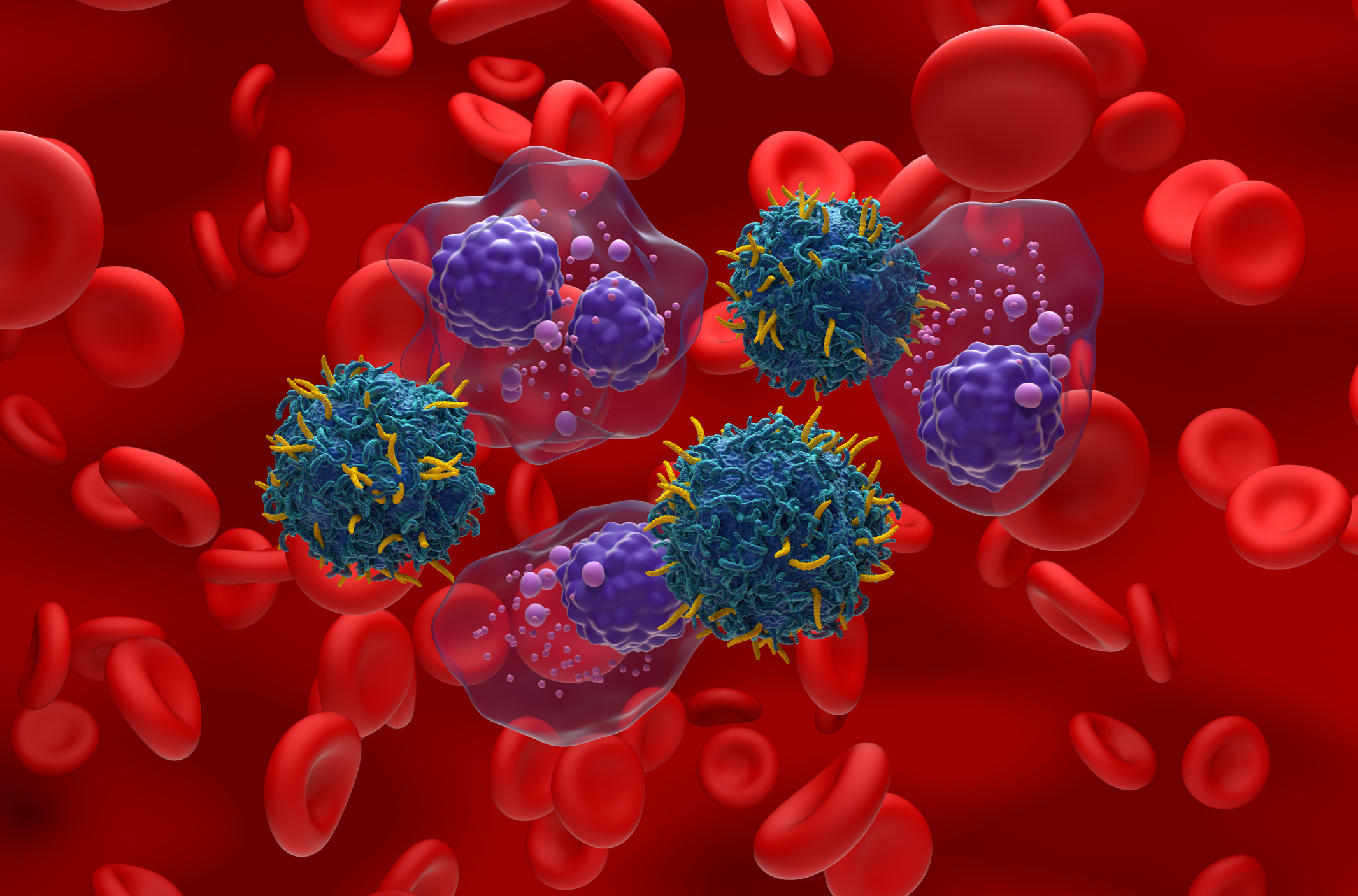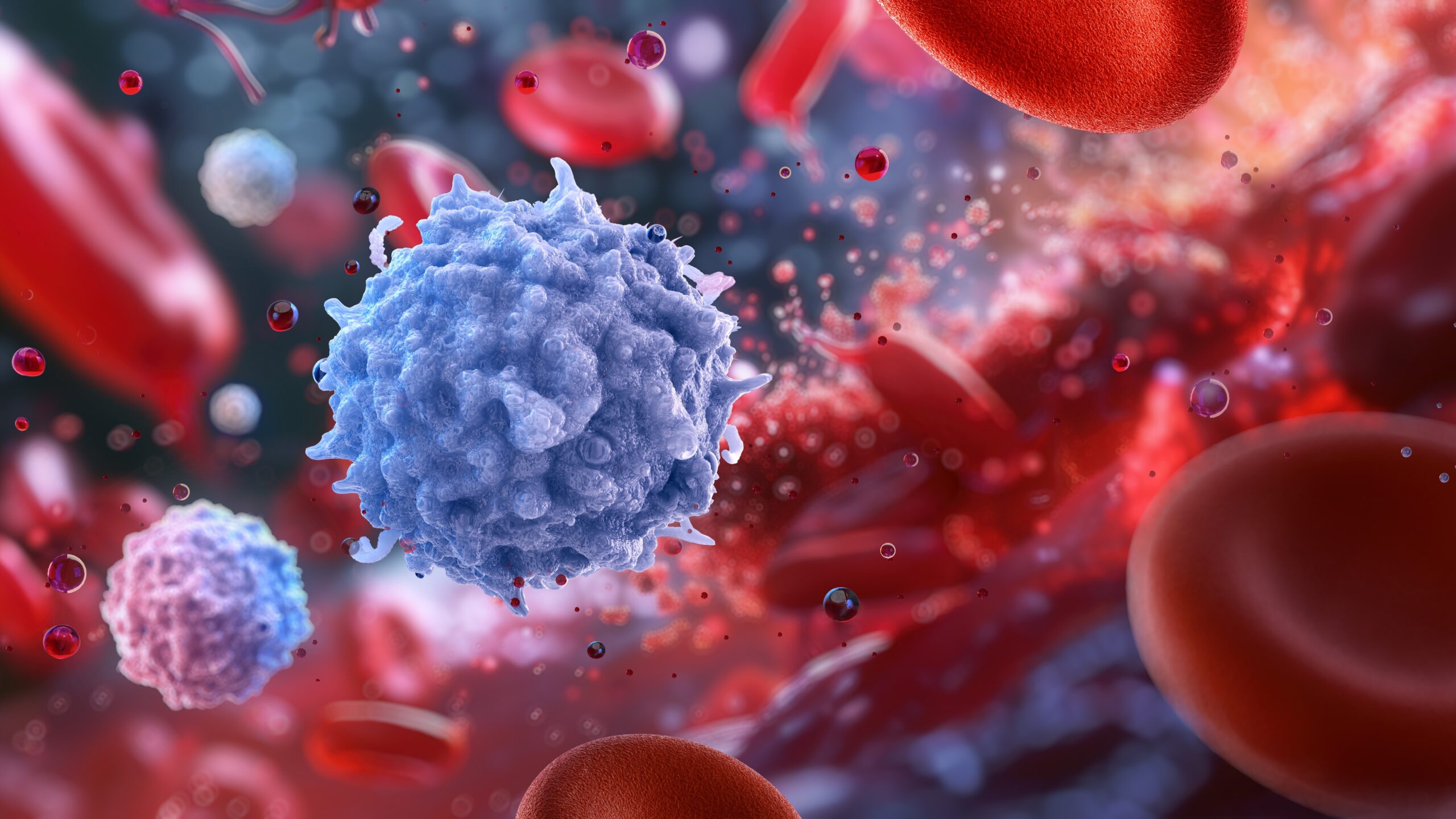
The US Food and Drug Administration has granted approval to daratumumab and hyaluronidase-fihj plus VRd (D-VRd) as induction and consolidation therapy for transplant-eligible patients with newly diagnosed multiple myeloma (MM), according to a press release from Johnson & Johnson, the manufacturer of the drug.
The approval is based on results from the phase III PERSEUS trial, in which D-VRd achieved deeper responses after consolidation when compared with VRd. D-VRd also reduced the risk of disease progression or death by 60% compared with VRd (hazard ratio, 0.40; 95% CI, 0.29-0.57; P<.0001).
The daratumumab-based regimen demonstrated higher measurable residual disease negativity rates than VRd alone (57.5% vs 32.5%, respectively).
“The efficacy data supporting this new quadruplet regimen, combined with its established safety and tolerability profile, provide compelling evidence that adding D-VRd upon initial diagnosis as compared [with] VRd can deepen responses and prolong remissions in the context of autologous [hematopoietic] stem cell transplantation,” said Amrita Y. Krishnan, MD, Professor and Director of the Judy and Bernard Briskin Multiple Myeloma Center at the City of Hope, in the press release.






 © 2025 Mashup Media, LLC, a Formedics Property. All Rights Reserved.
© 2025 Mashup Media, LLC, a Formedics Property. All Rights Reserved.